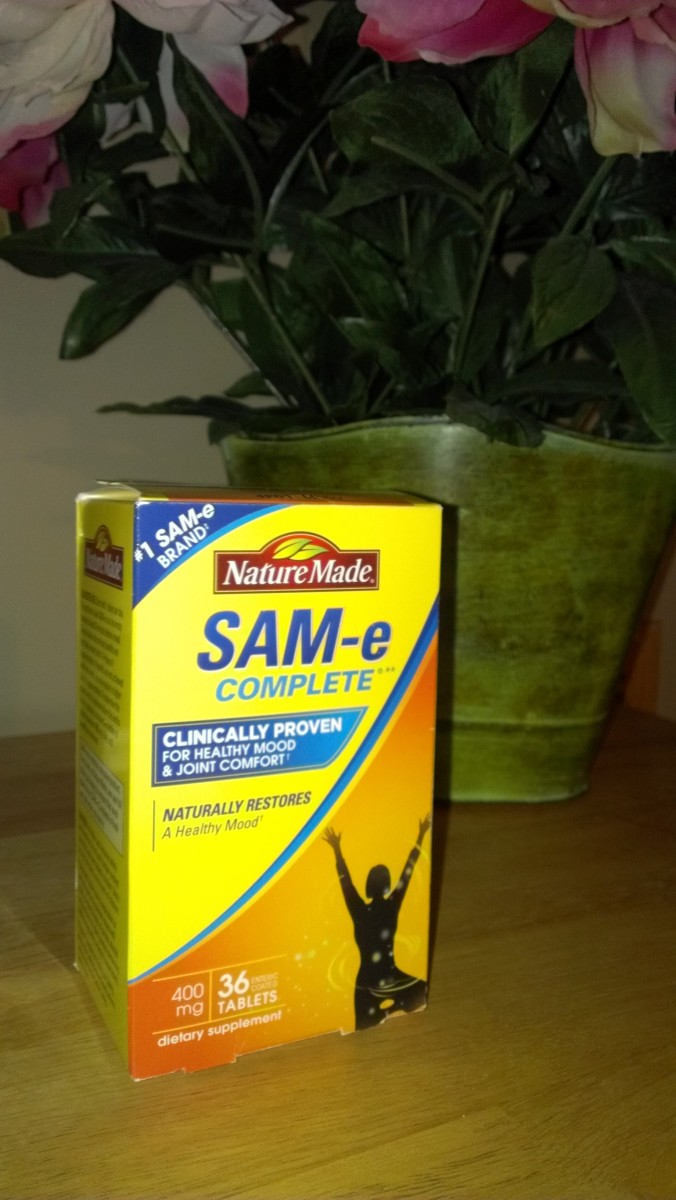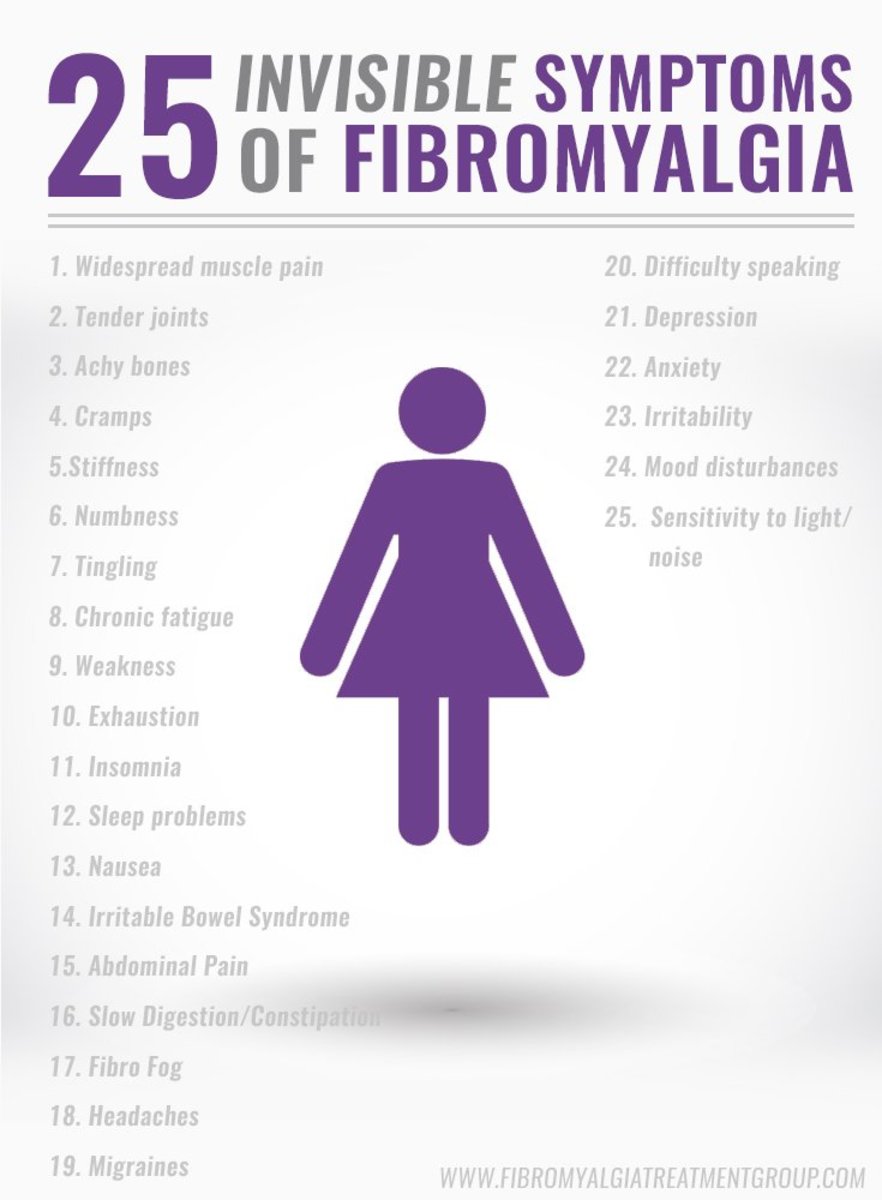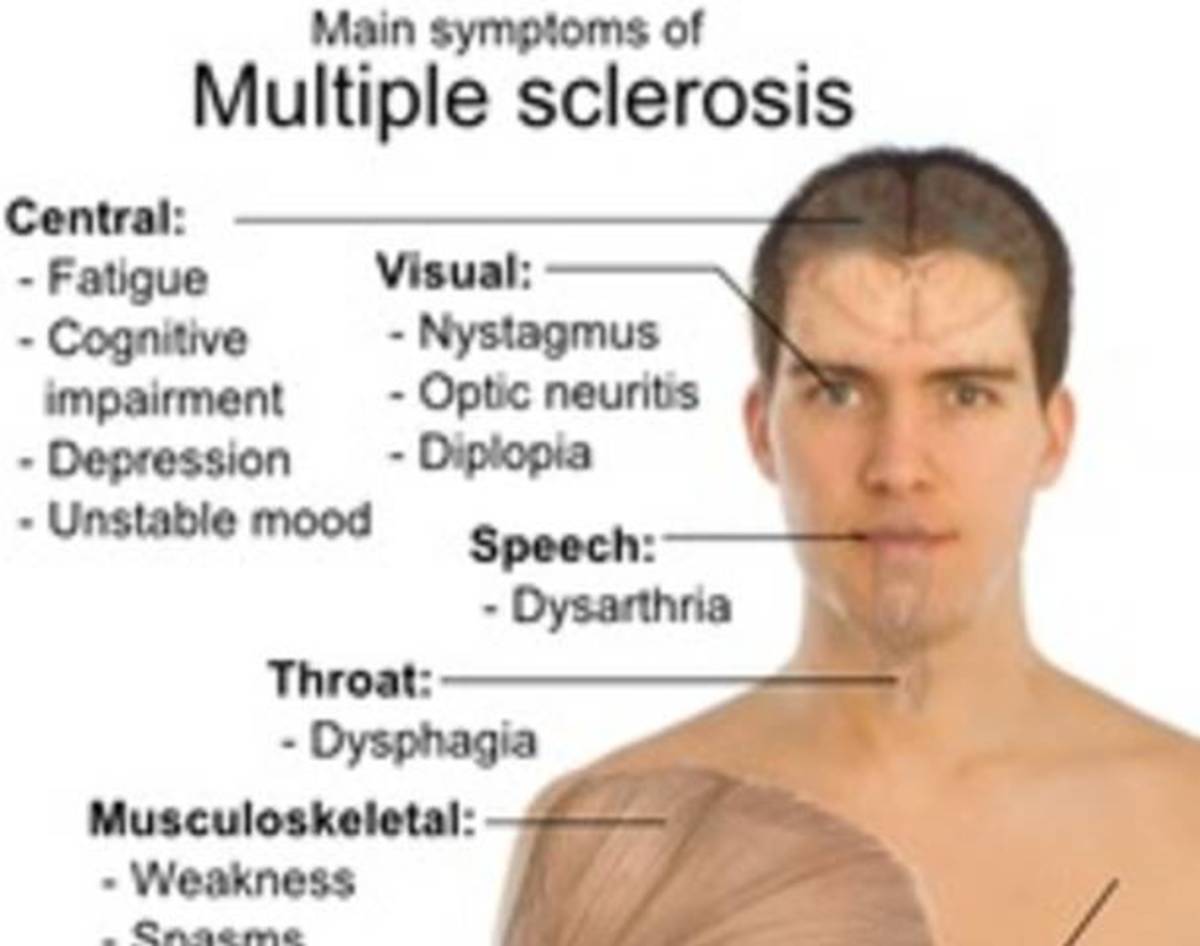My Day-by-Day life: Before and After Getting Diagnosed with MS (& Fibro)

How this began and where things are now (i.e., before the diagnosis and day-to-day symptoms)
As I begin this section, I am once again thinking of the questions I had when I first learned I had MS. When I went to the Rheumatologist I went thinking I might have Fibromyalgia (I already knew a little about it through people I knew who had Fibro.) I was therefore prepared for the Fibro diagnosis. Finding out I had MS, on the other hand, was earth shattering. I had not done any significant research into the condition prior to this and I did not know enough about it. Finding out I had it terrified me because I thought of worst-case scenarios I had read and/or heard about/saw. A major unknown for me was what to expect in the future (both near and distant.) Unfortunately, MS makes expecting just about anything difficult. One of the problems I have always had with it was (and continues to be) not knowing what to expect from one day to the next.
I am going to start with what happened to bring me to the Hospital to get my unofficial diagnosis (the one I received the year prior to the “official DX” i.e., the one I chose to ignore since things were left “up in the air” and since the doctors could not tell me precisely what was wrong with me.) I had some health issues leading up to the diagnosis that were fairly strong indicators that there was a bigger health problem than I was aware of at that time. I was in my mid-twenties and still felt like a “young adult.” One problem that first presented itself (and gradually got worse) was getting diagnosed with chronic urinary tract infections (UTIs). I remember thinking I was being punished by some “higher power” for having sex without being married (it reached a point where I was getting at least one UTI every month and the UTIs just kept getting more and more painful.)
One side note with regards to the UTIs (this is something that I debated putting into the section about people who (should) have their feet in their mouths): I was taken to a hospital in another area (by my ex-boyfriend) and, the doctor who saw me was horrible with people (or at least he was with me). He actually asked me “how I wiped” when I “pee-peed” (and/or “pooed”.) He also showed me a photo of a man and asked if I found him attractive. I was a bit taken aback and offended by this (my boyfriend was right there with me, I was in a world of pain due to a UTI and this man was trying to get me to say I was attracted someone he had a picture of. I finally gave a very non-committal “yeah he’s ok I guess.” The Doctor told me that the man in the picture had Aids! He then suggested that, whenever I had intercourse, I use at least two condoms).
This same unpleasant-to-deal with Doctor then catheterized me to see if he could determine what was happening. I don’t know if all of the readers of this know what being catheterized involves, but if you are aware I think you will agree with me that this Doctor was probably as rude as he was because he knew I was going to be completely vulnerable when he catheterized me. For anyone who does not know what it is, suffice it to say it involves placing a tube into a body cavity to allow for passage of fluid. That was an incredibly inappropriate and bad way to deal with a patient as well as very poorly timed. The Doctor was unable to do anything except give me antibiotics and I was very happy to leave his hospital after that. Unfortunately, the UTIs just kept happening over and over again. It seemed that the only way to avoid getting an infection was to avoid intercourse altogether. If I had known then that I had MS I would have known why I was getting so many UTIs! I now have a Urologist and have thankfully learned ways to avoid getting UTIs (most of the time.)
About a month after this happened, I started having trouble breathing (I would wheeze whenever I inhaled.) I had a Saturday night to Sunday morning visit with my ex-boyfriend. That Sunday he took me to a train station so I could go back into the city I live in (to go to a good hospital. I told him I never wanted to go to the one where I had the awful UTI experience again.) I went to MassGeneral Hospital’s emergency room and was given (temporarily) an oxygen inhaler. After being seen I was told I had bronchitis and that, if I did not quit smoking cigarettes, it would become chronic. I was given an asthma inhaler and told I should quit smoking. The next medical “issue” I had is covered in the section titled My Multiple Sclerosis (and Fibromyalgia) "Journey".
Since I have covered the odd medical issues I had leading up to my diagnosis, I now want to go over some of the day-to-day symptoms and side effects that I experience. I need you to keep something in mind though; MS is different for everyone. I do not think I can stress that enough. I once heard MS being compared to snowflakes because each case varies so much. Much like the medical condition itself, different medications affect different patients in different ways. I currently use Avonex (one of the “CRAB” (Copaxone, Rebif, Avonex, Betaseron) drugs. I know many people who tried to use these medications and who had such strong reactions to them that they had to stop. I also know of others who refused to medicate until something came out in pill form. I cannot fault anyone for being unwilling and/or unable to give themselves injections/shots. I was astounded (as was my mother) that I was able to perform injections on myself at all.
Once again, I want to make it clear that my MS may not be anything like yours (if you have it) or anyone you know who has it if you do not. I do not want you to be alarmed if you are going through anything you do not see discussed in this chapter and/or book. Just know this – you are not alone. In addition, please know that some of my day-to-day problems are from the Fibromyalgia (and sometimes I don’t know whether the MS or the Fibro is the main cause of the problem.)
One of my worst MS symptoms is fatigue. I am listing that one first because I never (literally) feel awake/energetic. I am thankful that I never (or almost never) have bouts of insomnia but it would be lovely to feel alert for a change. Before I was diagnosed (“officially”) I remember getting very tired and going to bed at eight o’clock one night. I slept until five the following afternoon, and the only reason I woke up was because my phone was ringing! Twenty-one hours of sleep may sound good to some who read this but it was not good at all. I find I feel worse if I oversleep than I do if I do not sleep enough and this was no exception – I felt like I had lost a boxing match or something.
Another issue I have is with my short-term memory (and long-term in some cases. I don’t remember a thing about my sophomore year of high school – it is a literal black hole in my memory.) My memory problems started happening while I was still in my twenties so I am unconvinced that the memory gaps are all “age-related” problems. I know of many other MS Patients who have the same problem. Fibromyalgia can cause cognitive troubles too (known as “Fibro Fog”). I wouldn’t be surprised if the combination of MS and Fibro make the cognitive troubles worse.
Now I want to go over pain problems. Pain is a daily reality. Some of the pain is from the MS (I used to get migraines constantly when I was in high school. I get “regular” headaches almost every day now.) Some of the pains and/or tenderness are from the Fibro. Another part of the pain and/or discomfort is a left over residual symptom from one of the worst MS attacks I ever had (my left arm went numb and I couldn’t use it (I’m left handed) for about a month.) After I was treated for this attack, I got use of my arm back but both my left and right hands now have a level of numbness, tingling and/or pain to them that I have learned to live with. I’m not happy about it but it is life. My mantra is (still) that, as long as I can walk unassisted, I am happy. I try to stay positive as much as I possibly can because, when I am feeling downhearted (and/or sick) my outlook tends to go downhill. My general experience has been that being negative gets me nowhere. It actually leads me into depression, which just makes my fatigue more pronounced. This is kind of a “double edged sword” because, if I don’t go to sleep when I should and I allow myself to get too fatigued, my outlook goes downhill and I start to feel a lot worse.
After the attack was “cleared up” (not with Steroids as I have a bad reaction to them, but by infusions of Immunoglobulin) a new pain problem started to develop. I started having horrible spasms in my back. Initially this did not happen very often, thankfully. I am glad it did not because it scared both my husband and me. The spasm attack lasted for hours and I was in so much pain I could not do anything except roll around on a hardwood floor in the hopes of getting the pain to stop.
I called my Neurologist’s office the following day. Since she is part of an MS clinic, I was able to get helped pretty quickly. I was told that the pains I was experiencing were “spasticity” pains and I was given a prescription for a mild muscle relaxant. I was very nervous about taking the muscle relaxant but I was assured that the dose was extremely low. I gave in and decided to give the medication a try. I still take it now (in the evening) in the hopes of making the spasms occur less frequently.
Other day-to-day issues I deal with run the gamut. I have a tremor (that I was born with, according to my mother.) If I get a little nervous my “mild” tremor turns into a very pronounced shake, leading others around me to think I’m terrified or “over excited” about things. It is incredibly frustrating. I am glad high school is long past. I remember a teacher giving me a “D” grade for a speech because, as she said herself when I questioned the bad grade, my “knees were shaking”. Not a really good reason to give a student a D, in my not-so-humble opinion.
I believe I also have “drop foot” (or “foot drop”) because of the odd way my shoes wear away (and constant comments about how I “walk funny”.) I do not think it is that bad yet but, if it ever does become unmanageable, I know there are ways to treat it. I believe many of the ways to treat drop foot are non-medicinal. Since I currently take so many pills I would prefer a non-medicalized approach to whatever I can take. I have a month long pill planner that I have split into two sections: night pills and morning pills. I hate it but it is the only way I can be certain that I don’t forget to take anything I need. I also have a card that I carry in my purse listing all of the medications I am currently on. I did this because I know, whenever I have a doctor appointment; I will be asked what I take. Not being able to write without it hurting “inspired me” to make a pill card. I have some trouble with walking up and down stairs due to pain in my knees but this pain may be from the Fibro. Once again, I often have a hard time figuring out which condition (or syndrome) is the “culprit” for what I am feeling.
I am also almost completely dry-mouthed on an almost constant basis. There are a number of symptoms that result from the medications an MS and/or Fibro patients might take. Symptoms including, but not limited to dehydration, fatigue, depression and cognitive difficulties can arise from both prescription and over-the-counter medications.

WORK...
One other item I wanted to bring up here involves looking for a job for anyone who has MS (or Fibro, or a host of other disabilities/syndromes/etc.) and the issue I am focusing on is whether or not it is a good idea to disclose or not about your illness. I never disclose when I am being interviewed because I do not want to scare away a potential employer. I had a position at MIT that may not have been as horrible as it was if I had been able to tell my boss I had MS. Unfortunately, I had been laid off from another job because of the MS so I did not think it would be a wise thing to mention and I was right (in many but not all cases.)
It infuriates me that we have to keep our health conditions a secret in order to avoid missing out on an employment opportunity. The idea that a company will not hire someone if they find out he or she has a disability certainly seems like discrimination to me. I have decided at this point in my life that, if someone will not agree to let me work for or with him or her because I have MS, they are not worthy of my time and/or consideration. I may be missing out on “opportunities” because of this but I am appalled that we have to lie about something we have no control over just to get work. For those of us with “invisible disabilities”, the need for special accommodations can lead to not being able to find and/or retain employment. For many of us, our day-to-day symptoms are visible to others. This can make finding employment (as well as remaining employed) almost impossible.
Employment discrimination
If you are disabled do you feel you were ever discriminated against by an employer?
My book
Hi there! My book is available to purchase at Amazon in Kindle form for $1.99 (I think it is free if you have a prime membership!)






